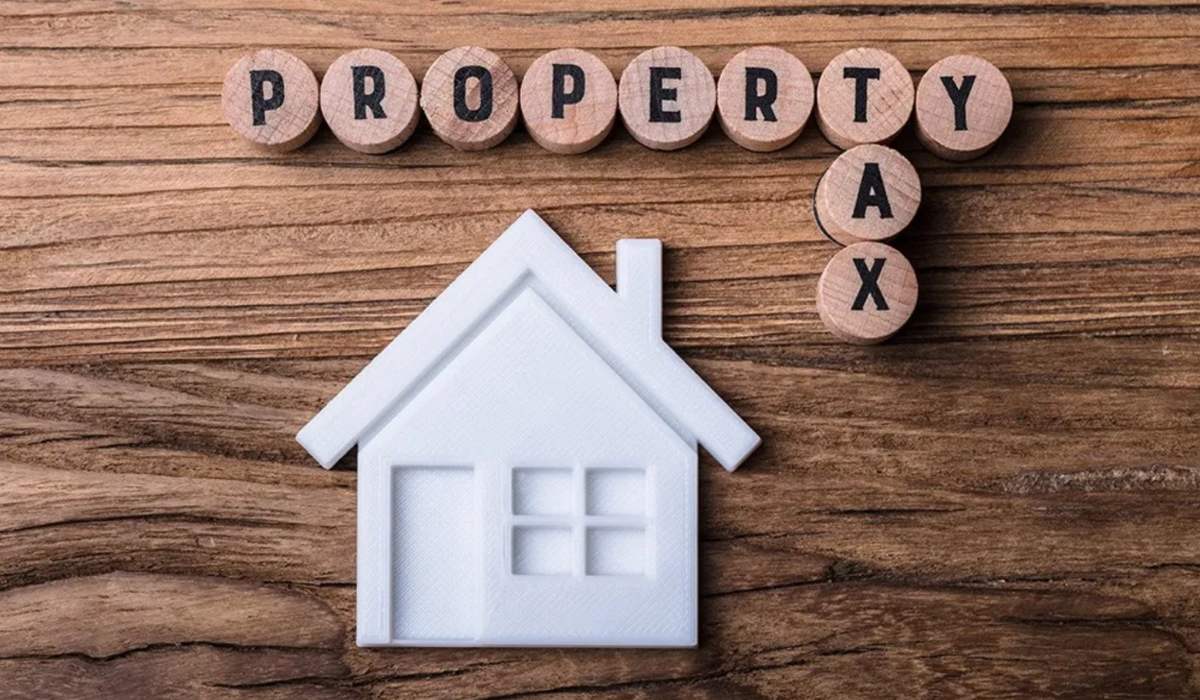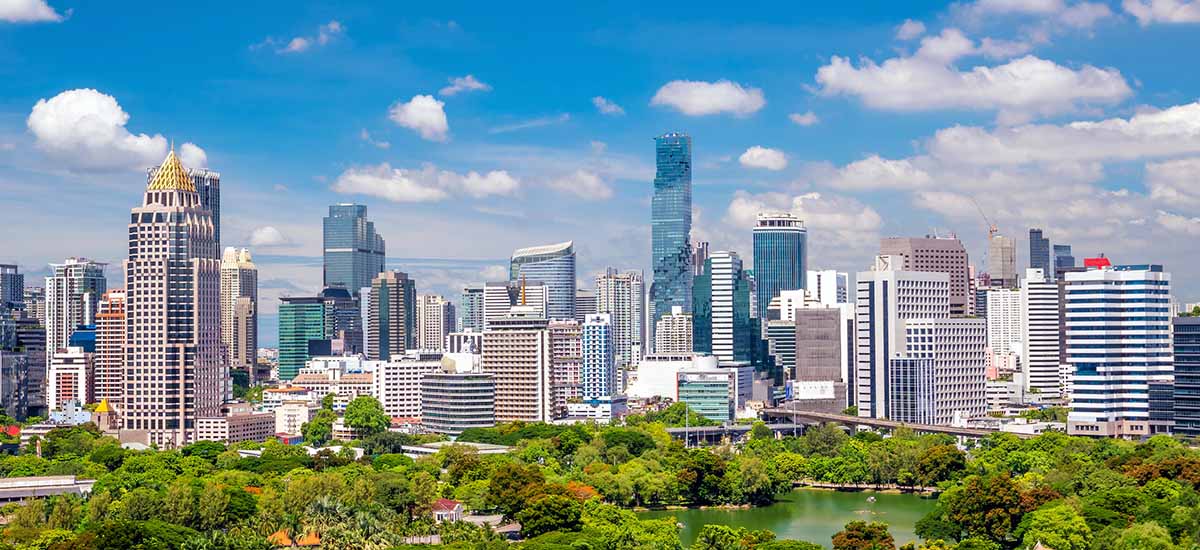Thailand remains one of the world's most attractive real estate markets for foreign investors, offering strong rental yields and appealing lifestyle opportunities in locations like Bangkok, Phuket, and Koh Samui. However, the path to profitable investment is not without its complexity. For the foreign investor, the most opaque and frequently misunderstood element is the Thai property tax and fee structure.
Too often, buyers focus solely on the purchase price, overlooking the critical financial lifecycle of their investment-from transfer fees and annual property taxes to rental income liabilities and eventual capital gains on resale. This oversight is precisely where "hidden costs" emerge, potentially eroding years of anticipated returns.
The Thai tax framework, particularly following the implementation of the Land and Buildings Tax Act B.E. 2562 (2019), is constantly evolving. What applied two years ago may not apply today. It is essential for any high-net-worth individual or corporate entity entering the market in 2025 to possess a clear, definitive blueprint of their obligations.
This guide serves as that ultimate resource, simplifying the necessary financial due diligence. We will dissect the three phases of taxation-acquisition, ownership, and disposal-ensuring you fully understand the current rates for the Thailand property tax, mandatory annual fees, and the critical regulatory steps that secure your investment. Understanding these details is the cornerstone of a successful, compliant, and profitable real estate strategy in the Kingdom.

The most immediate financial obligations occur at the Land Department on the day the property is transferred. These are one-time fees paid during the sale process and generally total between 5% to 7% of the property’s appraised value, though the precise split between buyer and seller is negotiable.
It is vital to understand that most transfer taxes and fees are calculated based on the government’s Treasury Appraised Value (or cadastral value) or the actual sale price-whichever is higher. This official appraisal value, set by the Treasury Department and updated every four years, prevents parties from intentionally under-declaring the sale price to avoid taxes.
This is the primary fee for officially registering the ownership transfer at the Land Department.
These two taxes are mutually exclusive-you will never pay both. The application depends on how long the seller has owned the property and their intent.
Specific Business Tax (SBT)
Stamp Duty
The Withholding Tax is essentially a prepaid income tax on the seller's capital gain and is collected by the Land Department on the day of transfer.
For foreigners acquiring a villa or land via a 30-year Leasehold structure (the most common method outside of condos), two distinct registration fees apply:

The annual cost of ownership in Thailand is significantly driven by the Land and Buildings Tax (LBT), which replaced the previous obsolete Household and Land Tax and Land Tax regimes. This tax is levied annually, typically due by April of the tax year.
The LBT is a unified, annual property tax system that applies to virtually all land and structures, including condos, villas, and commercial properties. The rate is determined by the appraised value and the usage category.
|
Property Use Category |
Tax Rate Exempt Threshold |
Applicable Rate on Assessed Value (per annum) |
Foreign Investor Context |
|
Owner-Occupied Residential |
First THB 50 million (for land + house) is 0% |
0.02% - 0.10% (on value exceeding the exemption) |
Only applies if the individual owner's name is on the House Registration Book (Tabien Baan). A Thai company owner does not qualify. |
|
Other Residential Use |
None |
0.02% - 0.30%(starting at 0.02%) |
Applies to second homes, holiday villas, or properties generating rental income. This is the rate most foreign investors pay. |
|
Commercial Use |
None |
0.30% (Can be raised by Cabinet up to 0.70%) |
Applies to properties used as offices, hotels, or pure commercial rentals. |
|
Vacant / Unused Land |
None |
0.30% (Increases 0.30% every 3 years, max 3.0%) |
Designed to penalise land hoarding. |
Why the "Other Residential Use" Rate is Key
For the majority of foreign investors-whether holding a condo for rental or a Samui villa as a second home-the applicable starting rate is 0.02% of the appraised value (for values up to THB 50 million). This translates to a very low annual cost, often only a few thousand Thai Baht, making the annual Thailand property tax burden significantly lighter than in many Western nations.
Failure to pay the LBT by the annual deadline can result in substantial penalties and interest charges:

For an investor, the most critical ongoing tax liability stems from rental income. The way this income is structured and taxed depends heavily on your tax residency status.
A non-resident foreigner is defined as an individual who spends less than 180 days in Thailand during a calendar year.
If you spend 180 days or more in Thailand, you are considered a Thai tax resident.
Thailand has DTAs with over 60 countries. These treaties are vital as they determine where income is ultimately taxed, preventing the investor from being taxed on the same rental income in both Thailand and their home country. Investors should always consult a tax professional to leverage the relevant DTA to potentially claim a credit for taxes paid in Thailand against their home country’s tax bill.

Thailand does not have a separate, dedicated "Capital Gains Tax" as understood in Western jurisdictions. Instead, any gain from the sale of property is included and collected via the Withholding Tax (WHT) structure detailed in Section 1.4.
As mentioned, the 3.3% Specific Business Tax acts as the primary deterrent against short-term speculation. It forces quick-turn investors to factor in a substantial upfront tax on the gross sales price, heavily reducing the appeal of a rapid resale within the five-year window.
For long-term investors, the eventual transfer of assets via inheritance must be considered:

The complexity of Thai property ownership laws for foreigners often intersects with tax strategy. Understanding the tax implications of different legal structures is key to compliance and minimisation.
Navigating the landscape of Thailand property tax requires more than a simple guide; it demands precision and expert advice tailored to your specific investment profile (Condo vs. Villa, Resident vs. Non-Resident, Short-Term vs. Long-Term).
The Land and Buildings Tax is a relatively minor annual cost, but the transaction taxes-SBT, WHT, and Transfer Fees-represent the major financial variables that can make or break an investment. By understanding these obligations in 2025, you secure a solid foundation for your Thai investment.
To ensure absolute compliance, optimise your tax liability, and avoid the penalties associated with common errors, the next step is a personalised consultation with a Thai legal and tax specialist Contact Us!
Discover the 7 costly mistakes to avoid when buying property in Koh Samui in 2025. Get expert tips to make your dream home or investment a reality&...
There’s a reason Koh Samui is more than just a pin on a map. It’s a pulse point on the Earth’s energy grid—a space where be...
Thailand’s Koh Samui (fondly called Coconut Island) is well known for its luxury accommodations, particularly its stunning beachfront propert...
Dreaming of owning a piece of paradise? Koh Samui's vibrant real estate market offers stunning villas and properties for sale. For foreign buye...
Seeking more than just luxury? Explore Koh Samui's most exclusive properties for sale in our latest blog. Learn how these dream villas offer st...
Investing in Koh Samui villas is like investing in a future lifestyle or mystical tropical wonderland. Koh Samui is right up there with Bangkok and...
The appeal of investing in Koh Samui real estate is undeniable. As the Thai government actively pursues exciting reforms, including a potential ext...
Leave a reply